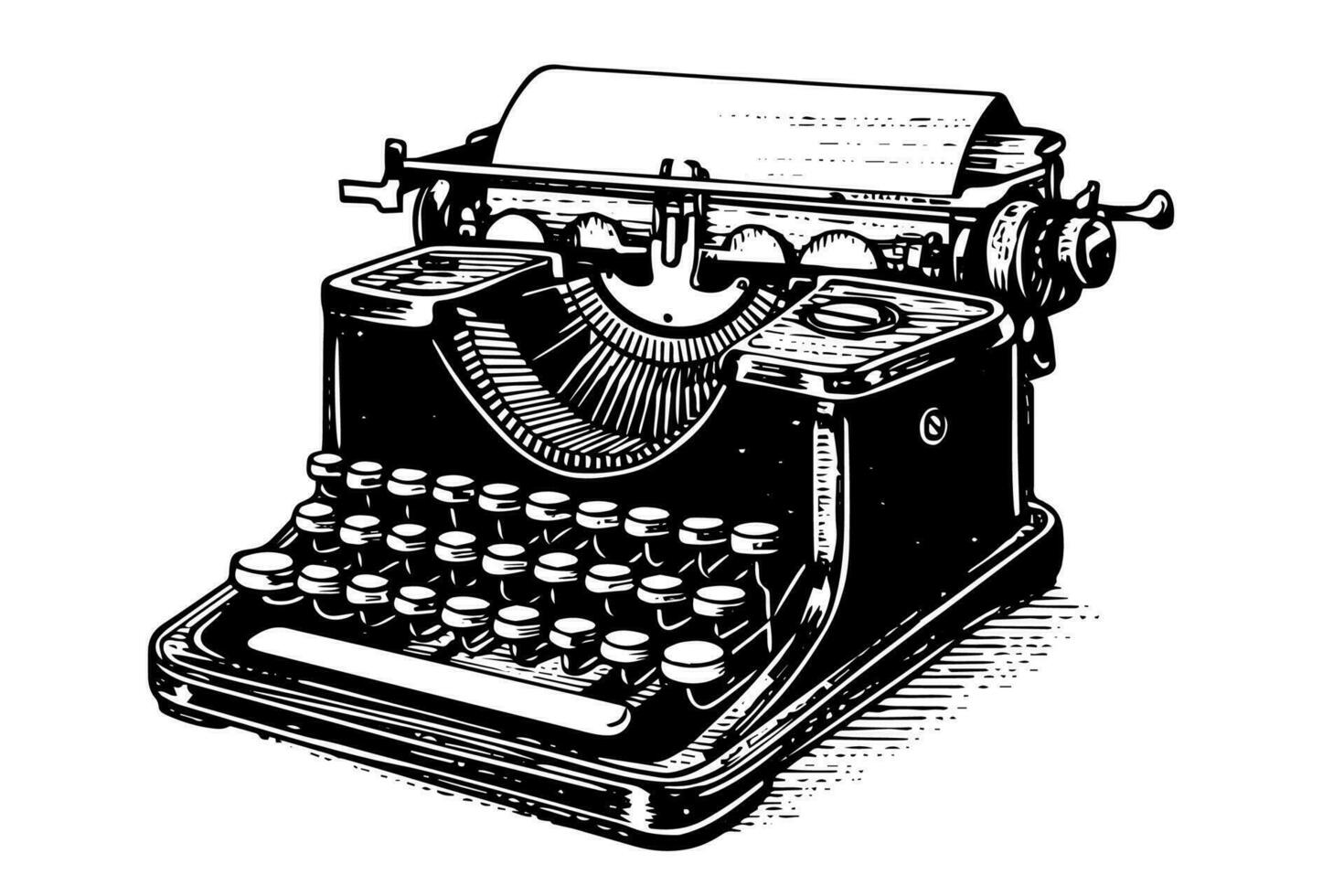I found the comparison between typewriters and modern keyboards extremely interesting. One thing that I found particularly interesting was the modern day keyboard that we use today is the same on that people have been using for years. This shows that even through all the technological advancement through the years the keyboard order is something that has worked and stayed efficient.
Brooke stated in her presentation how the typewriter has created the advancement in what we use today in the modern world. She explained how the first person to invent the typewriter was Christopher Latham Sholes and his partners Samuel Soule and Carlos Glidden in the middle of the 19th century . She also talks about how there was a huge social impact with the invention of the typewriter. This allowed for jobs to open especially for women. This gave woman a safer working environment rather than being in factories they sat at desks in offices and were “typists”.

In conclusion, the comparison between typewriters and modern keyboards highlights how foundational innovations can shape the technology we use today. Despite decades of technological advancements, the basic layout of the keyboard has remained efficient and relevant. Brooke Sheehy's presentation provided valuable insights into the historical significance of the typewriter, to modern computers and as a tool that had a significant social impact, especially in creating jobs for women. Overall, we got to see how little inventions of the past have set the tone for the future.























